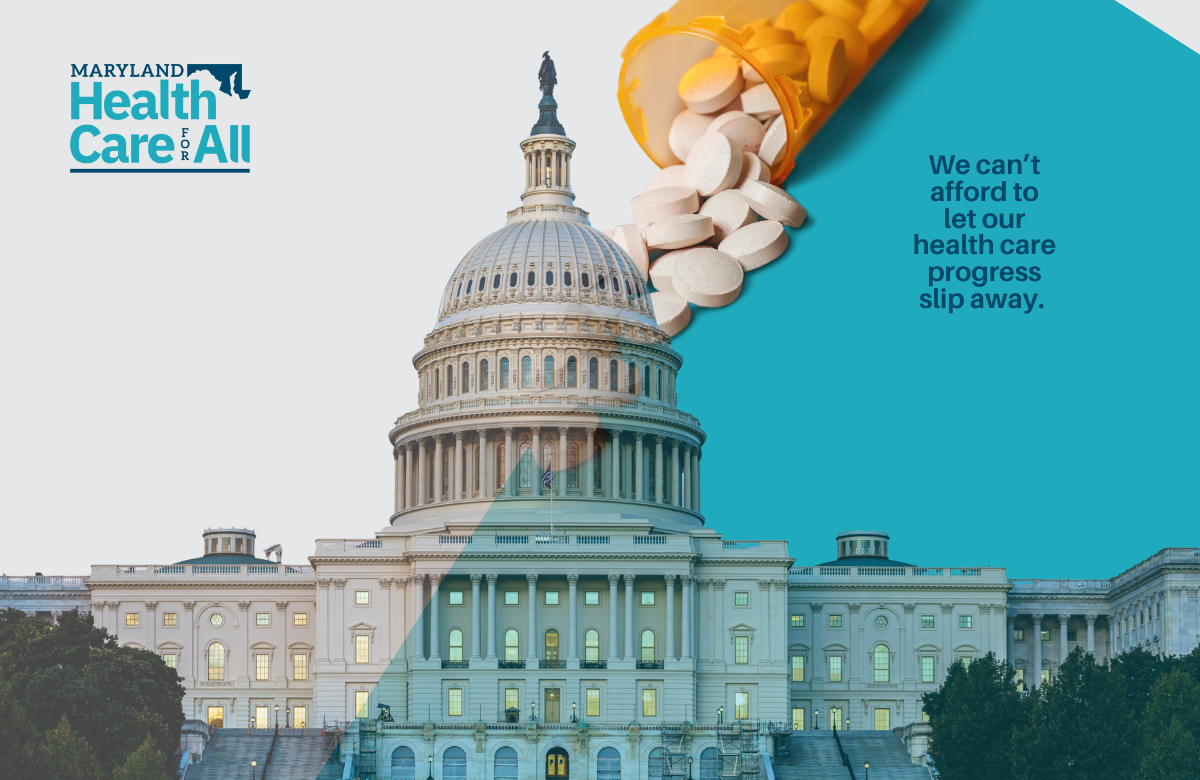Reuters and Huffington Post
April 10, 2017
Ian Simpson
The bill overwhelmingly was approved by the Democratic-controlled legislature on Monday and hailed by Maryland Attorney General Brian Frosh as a way to check sharply higher prices for crucial generic drugs.
The Maryland measure comes as concerns about rising U.S. drug costs have been building for years. For example the 2015 decision by Turing Pharmaceuticals to increase the cost of a life-saving, anti-infection drug by 5,000 percent sparked widespread outrage.
The legislation takes aim at a generic drug market that makes up 88 percent of U.S. pharmaceutical sales and totaled $75 billion in 2015, according to Frosh’s office.
“The market seems to bear it and so some of these manufacturers are charging as much as they possibly can,” Frosh said in a telephone interview on Tuesday.
Governor Larry Hogan, a Republican, has not said whether he would sign the legislation. His representatives did not respond to requests for comment.
The bill allows Maryland’s state authority on Medicaid, a federal healthcare program for the poor, to let the attorney general’s office know when it sees patients being charged an “unconscionable increase” for essential generic drugs.
The attorney general could then seek an explanation from the manufacturer and sue to protect consumers, with a fine of up to $10,000 for each violation. A judge could order the company to reverse its price increase.
Generics are pharmaceuticals that are equivalent to a brand-name drug. They usually are available after patent protections for the original maker run out.
The bill did not touch on branded prescription drugs new to the market since their manufacturers have development and patent costs they are entitled to recoup, Frosh said.
Maryland is the first state to pass a measure to combat excessive price increases, according to the National Conference of State Legislatures. Massachusetts, New York, Rhode Island and Tennessee have similar legislation pending, the conference said.
The legislation would have a “chilling effect” on the generic market in Maryland, said Chester Davis Jr., president of the Association for Accessible Medicines, which represents generic drug makers.
Use of generic drugs had saved Maryland $3.7 billion in 2015, he said.
“To focus on the side of the ecosystem that is actually driving the savings and not the costs definitely seems counterintuitive to us,” he said.



